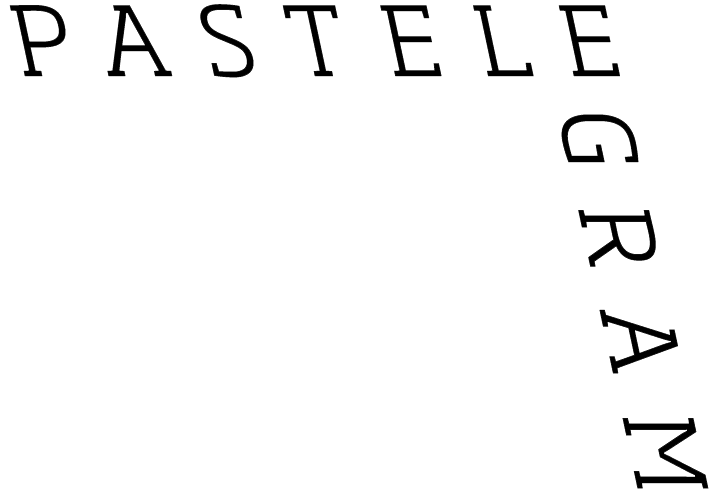A Most Zizekian Dream
William Mazzarella
In the winter of 2008, I taught a graduate seminar simply titled ‘Zizek.’ The stated purpose of the class was to work out what Zizek was ‘really up to’ on a conceptual level, to provide an in-depth space in which to read and explore some of his core theoretical works.
Now it so happened that at the same time as I was teaching the Zizek seminar I was also teaching in a large undergraduate social science core class called ‘Self, Culture, and Society.’ During the first few weeks of this class, we were reading Emile Durkheim’s Elementary Forms of Religious Life (1912). This would not deserve a mention here were it not for the fact that about two weeks into the quarter, I had a most Zizekian dream, a dream that seemed to open up a kind of short circuit between the two classrooms.
In the dream, I was reading an academic article. As I read, I was at first baffled and then increasingly irritated by my impression that the author’s argument was overwhelmingly Durkheimian in orientation, yet nowhere did he cite Durkheim. Finally reaching a point of exasperation with this masquerade, I turned back to the beginning of the article and discovered that its author was in fact…Emile Durkheim.
Of course my students were most amused when I offered them the story the following Wednesday morning. But for whatever reason, having told the story of my dream, I moved quickly on, forestalling any attempts at interpretation that may have been forthcoming from the class. I wanted the dream to sit senselessly, as it were, to do its collective work unobtrusively in order that I might return to the task of interpretation later.
Now on one level the logic of the dream seems to correspond to one of the Marx Brothers jokes that Zizek is fond of quoting. In this case, taken from Duck Soup (1933), it is the one that has Groucho Marx playing a lawyer ‘defending’ his client in court by telling the judge ‘This man looks like an idiot and acts like an idiot – but this should in no way deceive you: he is an idiot!’ In Looking Awry, Zizek uses the joke to make the point that only human beings are able to deceive by feigning to deceive. But there is also a much simpler interpretation. In contrast to the retroactive magic of the subject’s interpellation where the subject ‘miraculously’ turns out ‘already’ to be precisely what the symbolic-ideological order assumed him to be,1 this joke seems to suggest the opposite: my starting point in engaging with the article in my dream was that whoever its author might be, it could certainly not be Durkheim. And the guarantee for this assumption was precisely the intensely Durkheimian quality of the text. The fact that the article turned out to be by Durkheim was at once a roundabout affirmation of my instinct about its orientation and a ‘slap in the face.’
William Mazzarella is Professor of Anthropology at the University of Chicago. He is currently writing a little book called The Mana of Mass Publicity
- 1. Zizek uses another Marx Brothers joke to illustrate this point: ‘You remind me of Emanuel Ravelli.’ ‘But I am Emanuel Ravelli.’ ‘Then no wonder you look like him!’ (1989: 3).








